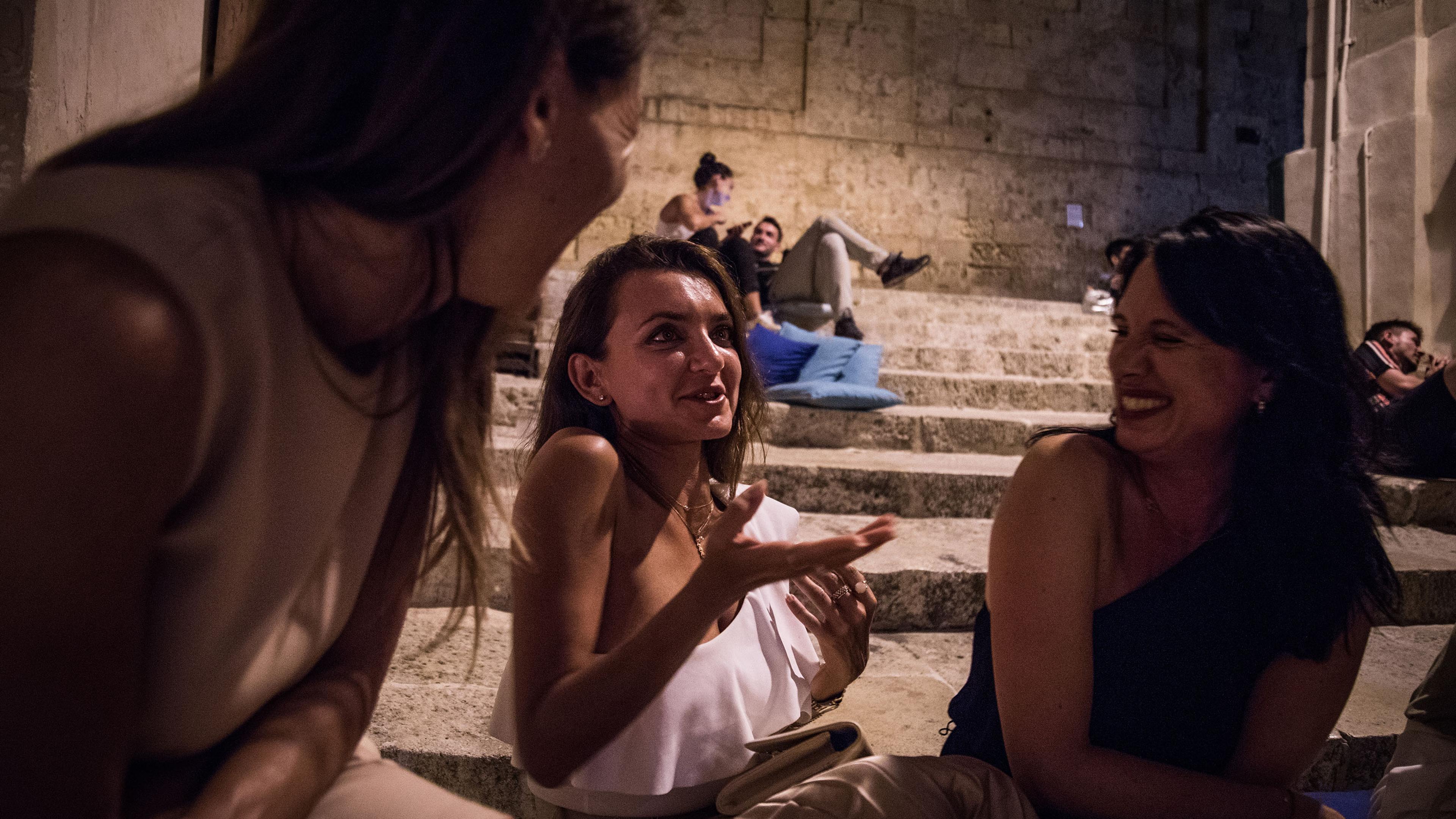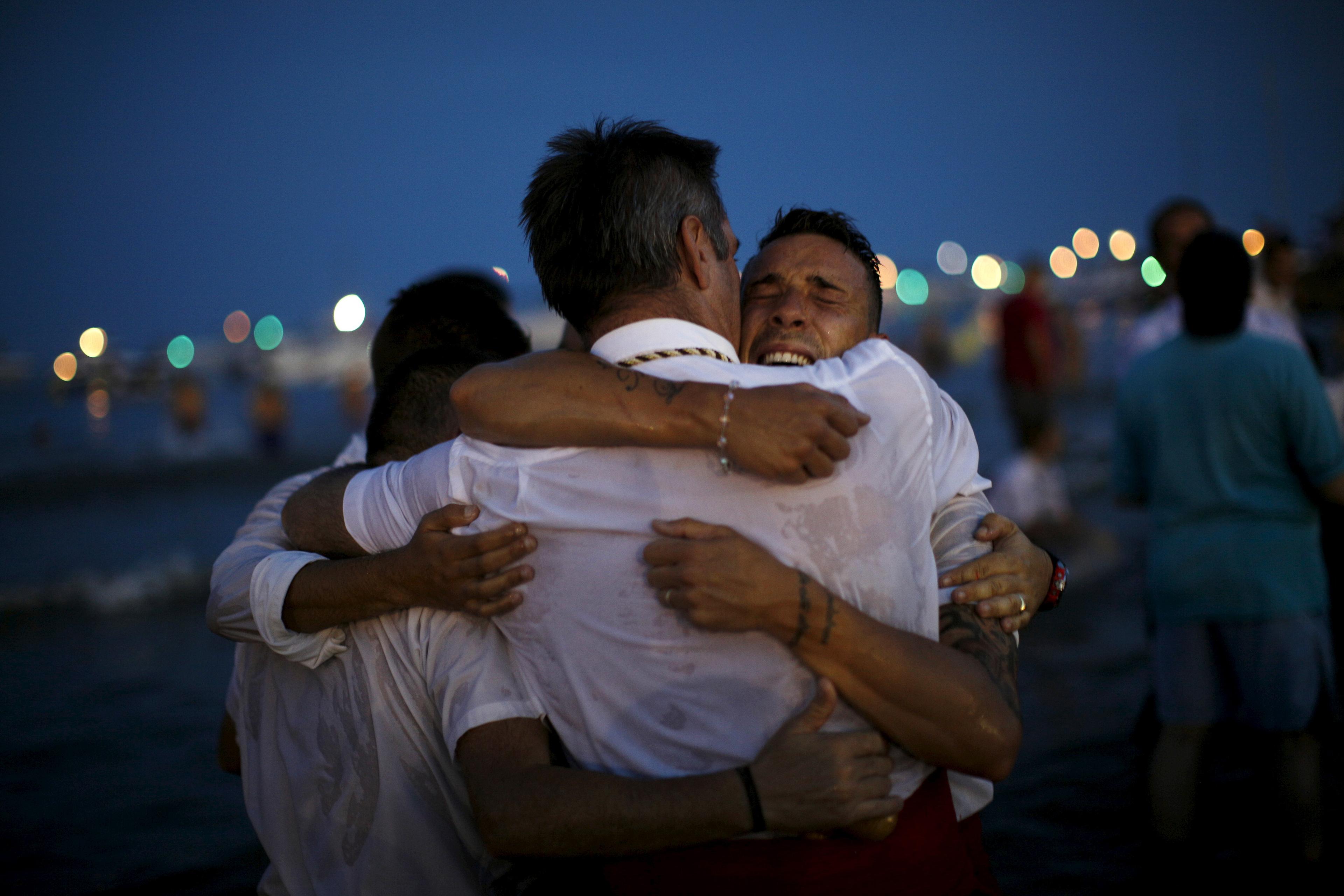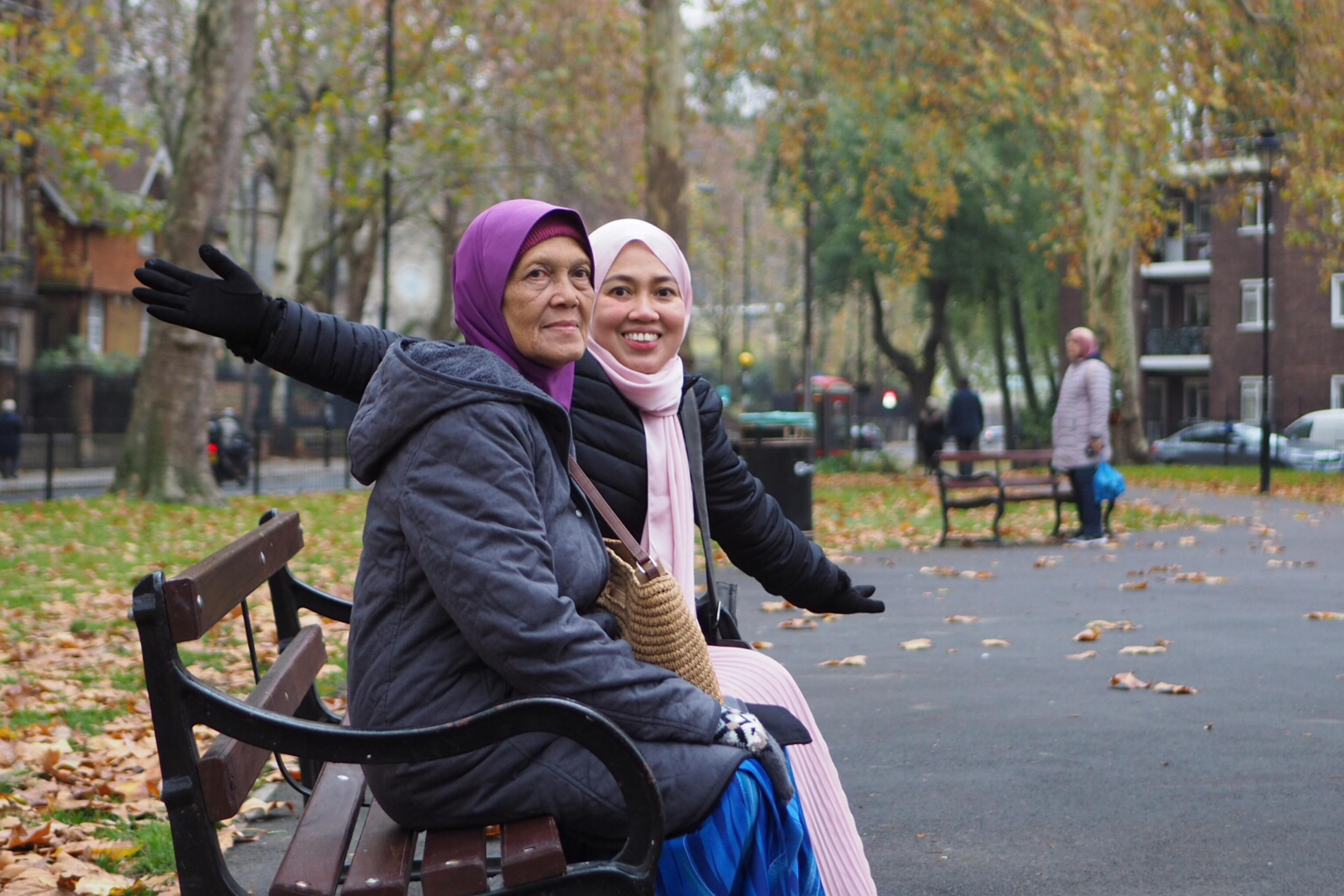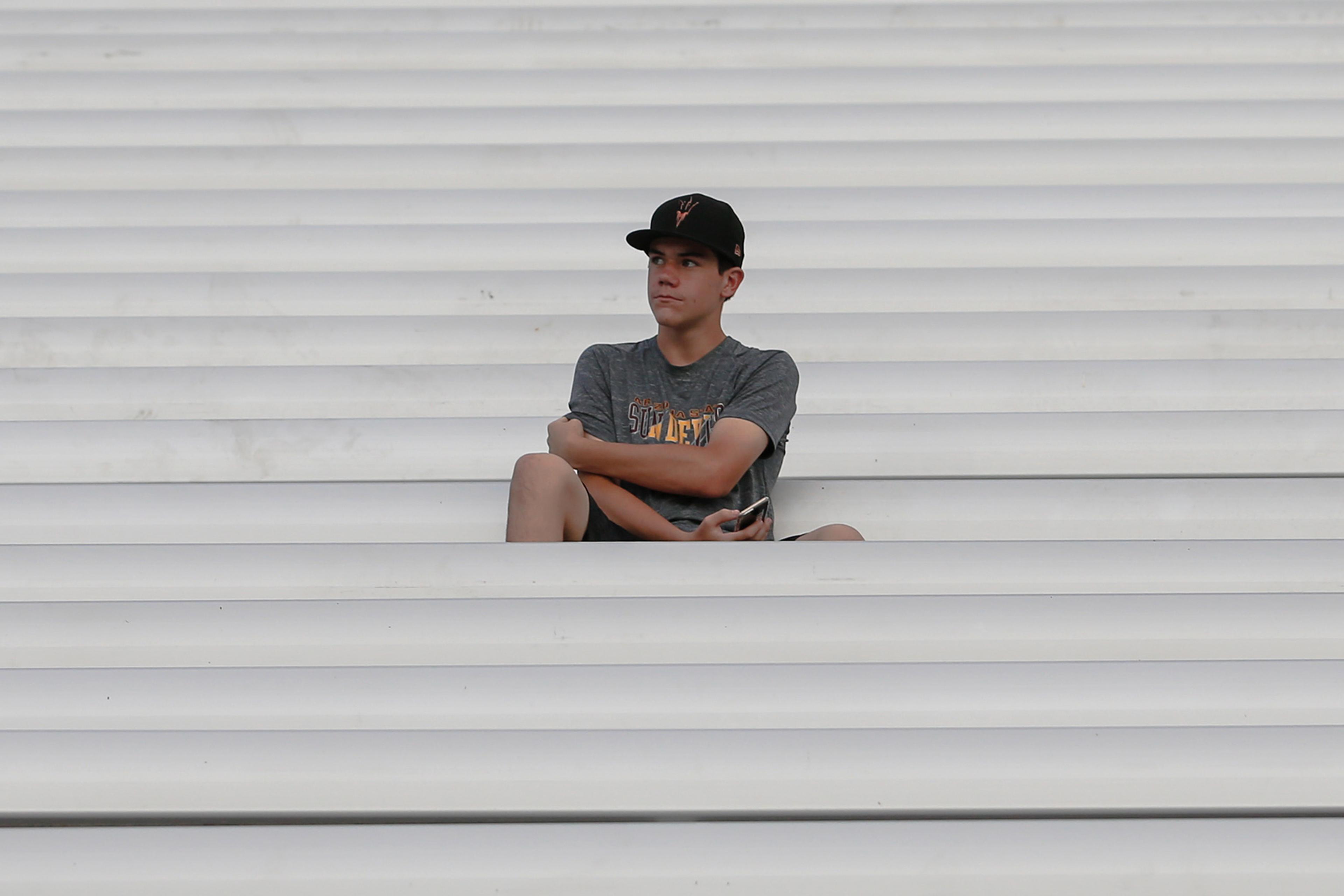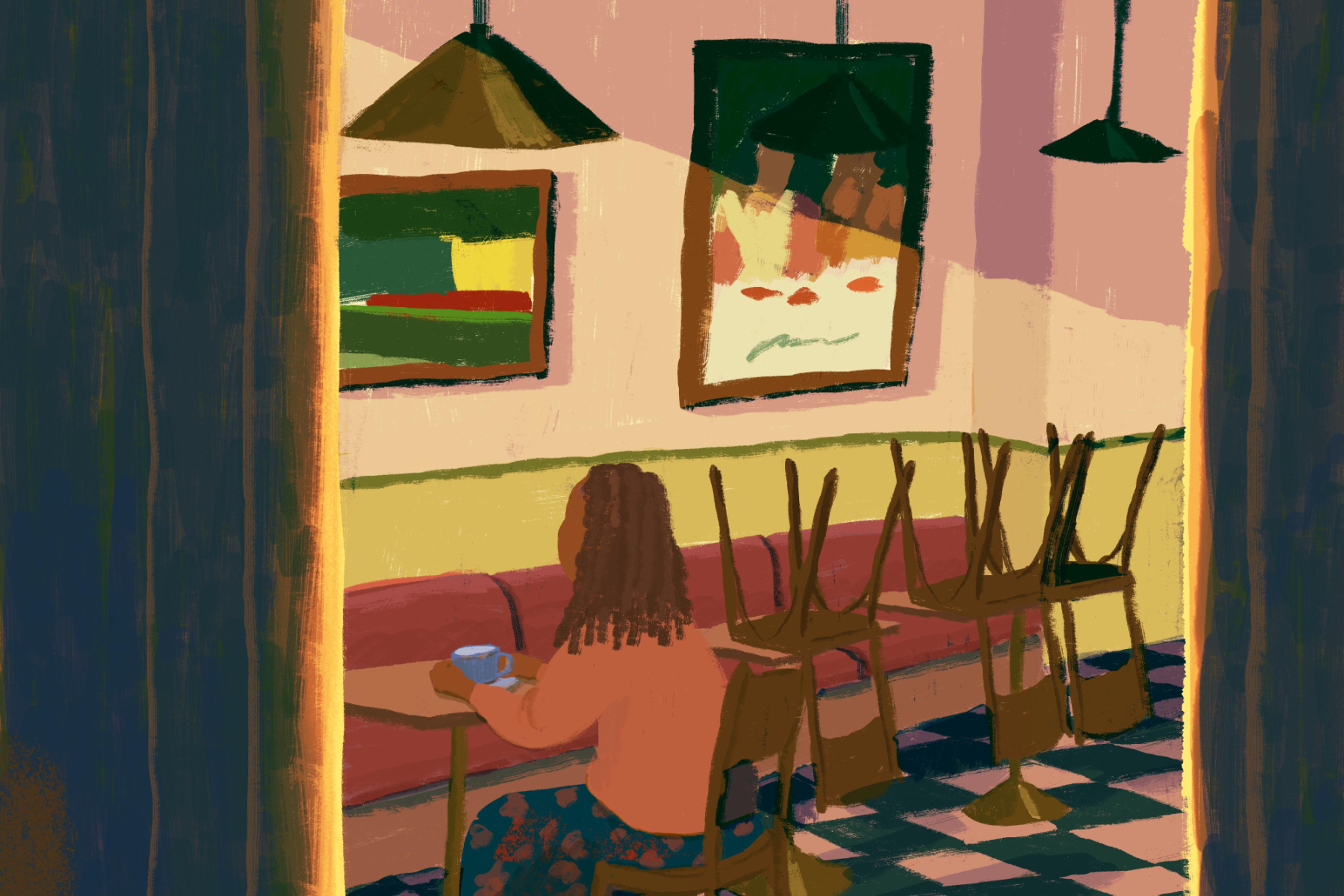‘You’ll be single for the rest of your life’ is the sort of foreboding comment that has long been directed at single people. But increasingly, they seem to be asking themselves whether ending up single is a threat or a promise. Data show that, in some places, singles comprise around 40 per cent or more of the adult population, and research suggests that a good portion of these people are intentionally choosing singlehood over relationships.
Who is particularly likely to feel that singlehood works well for them? There is reason to think it would depend partly on gender. Historically, women have faced strict expectations when it comes to romantic relationships. In many cultures, women’s perceived worth has depended on their desire and ability to marry, while men’s worth has been based more on their ability to succeed financially. Women who hesitate to marry have traditionally been thought of as odd or selfish, the common assumption being that they will get with the programme and become dutiful wives and mothers. Single women continue to be subject to cultural stereotypes such as the lonely cat lady or the miserable spinster, someone who is shunned because of her inability – or, even worse, her unwillingness – to marry.
Attacks on single women are also institutional. For example, a governmental body in China created the term ‘leftover women’, and single women in China are explicitly blamed in the news for China’s failing birth rates. But the rising tide of singlehood seems to be emboldening people to notice and question this kind of denigration. A recent and relatively radical example in South Korea is the 4B movement, which marks single women taking a stance against relationships, marriage and sex with men.
Beyond all the insults and the pushback lie some empirical questions: how are single women actually faring, and how do their experiences compare with those of single men?
Researchers have started to dig into this, but the small body of work that had been conducted until recently did not provide a clear consensus on whether men or women are happier in singlehood. In our research lab, we strive to understand who is more or less happy in singlehood, and why, by asking single people questions about how happy they are in different parts of their lives – for example, how much they like being single, or what their sex life is like. Previously, researchers have found that samples of single men and women were no different in terms of their satisfaction with their lives or their singlehood. Yet some other research has suggested that single women might be happier with their lives and their singlehood. Most of this research did not ask about how much people wanted a romantic partner, leaving untested assumptions about what single women and men want in their lives.
In a recent study, we surveyed nearly 6,000 singles – one of the largest and most diverse groups yet examined on the topic of gender and singlehood. Here, we define singles as those who are not currently in a romantic relationship. The singles were from different countries around the world, including the United States, Mexico, the United Kingdom and Poland; ranged in age from 18 to 75; and were required to have been single for at least six months. We asked them to report their gender, and got them to answer a few well-researched and validated questions about happiness.
Overall, women – single and partnered – reported higher general happiness levels than men did
What we found was that, on average, single women were happier than single men. Among our respondents, 32 per cent of single women (but only 20 per cent of men) scored in the highest range of satisfaction with their singlehood. Compared with single men, single women tended to say they were happier with their lives overall, happier about being single, happier with their sex lives, and – in a sign that singlehood was working better for women – that they were less interested in having a romantic partner.
We also wondered if women being happier than men was unique to singles. Whereas single women were more content with their single status than single men were, we found that partnered women and men whom we surveyed were equally happy in their relationships. Overall, women – both single and partnered – reported higher general happiness levels than men did.
It’s worth noting that consistent with past research, both men and women in relationships were happier than their single counterparts, on average. But it seems that, despite the negative historical pressures and stereotypes surrounding women’s singlehood, single women seem to be doing quite well after all.
One potential reason why single women might tend to experience a happier singlehood has to do with their social support system, including their friends and family. It’s well established that strong social ties are an important factor in happiness, and they even seem to be one protective factor against an early death. Single people are no exception to the reality that social connections are a valuable part of a full life; singles often report that their relationships with friends, family, neighbours and acquaintances are important to their happiness.
But the likelihood that one finds and keeps these connections is related to gender. Studies have shown that women not only tend to have larger social networks than men, but that single women are happier with their social ties than single men are. Many young men don’t seem to be well set up for long-term social success, reporting difficulties in expressing emotions with their friends.
Women in heterosexual relationships are often expected to take on most of the household work
Although the support of a social circle is valuable for everyone, it may be particularly important for those who don’t have that ‘go-to’ person that many people have in a romantic partner. And this is particularly where men might find themselves feeling stranded. Research suggests that men tend to spend time with each other through activities, while women more often engage in intimate conversations during their quality time with friends. Women may also be more inclined than men to actively maintain their connections, such as by keeping up with people through social media. Tendencies like these could mean that single women are more likely to deepen their existing bonds and create more ‘go-to’ sources of support, compared with single men. Heterosexual men in particular tend to rely more exclusively on wives or girlfriends for emotional and social support, whereas women are more likely to have a proverbial village to turn to. For many single women, this could be a critical difference.
Women having a better time in singlehood might also reflect that, for many of them, being single seems preferable to the alternative. One perspective advanced by sexuality researchers proposes that women in heterosexual relationships are often expected to take on most of the household work and management in a way that leaves them feeling more like ‘mothers’ than lovers to their romantic partners. Add to this that women’s sexual pleasure often comes second (at best), and you can start to see why some women feel like relationships are a net loss.
The bargain might have seemed more worthwhile to some of these women in a time when men dominated the workplace, so that a relationship was the most viable path to having money in the bank. But as women have continued to make strides in the workplace and many societies have gradually moved toward greater pay equity, more women may be choosing ‘no deal’ when it comes to having a spouse. It could be that many of the single women we surveyed see singlehood as a space where there is less work, less hassle and more room for a life that addresses their needs.
Our aim in investigating gender as part of the story of singlehood is ultimately to understand what the ‘ingredients’ are in building a happy singlehood. Of course, our research findings might not apply to everyone across every context. They may or may not resonate with your experience, if you are single, and it’s possible that our results would change if we focused on different cultures.
One thing that might be universal is that singlehood doesn’t have to mean being disconnected. In his book Happy Singlehood (2019), the sociologist Elyakim Kislev describes the many ways in which singles can live fulfilling lives, such as through their strong, non-romantic social bonds. Singles who take advantage of the time and freedom to connect with a broad range of people – family, friends and others – are the ones who tell us they are enjoying singlehood the most.
If our data are telling us that this happy story applies more to women than men, on average, what can single men take away from it? In light of the growing concern about male loneliness, perhaps men can learn from women’s approach to singlehood. While social norms around masculinity might encourage them to focus more of their time and energy on pursuing financial success and climbing the career ladder, men, and particularly single men, may need to make sure they are directing enough attention towards building and maintaining social connections and taking care of themselves. This might include things like initiating more coffee chats or other hangouts to catch up with friends, or speaking with a therapist to work on their mental health. For single men who want to partner up eventually, a stronger social circle might have the benefit of making them more attractive to potential partners. But more importantly, it might bring men greater joy in singlehood as well.
